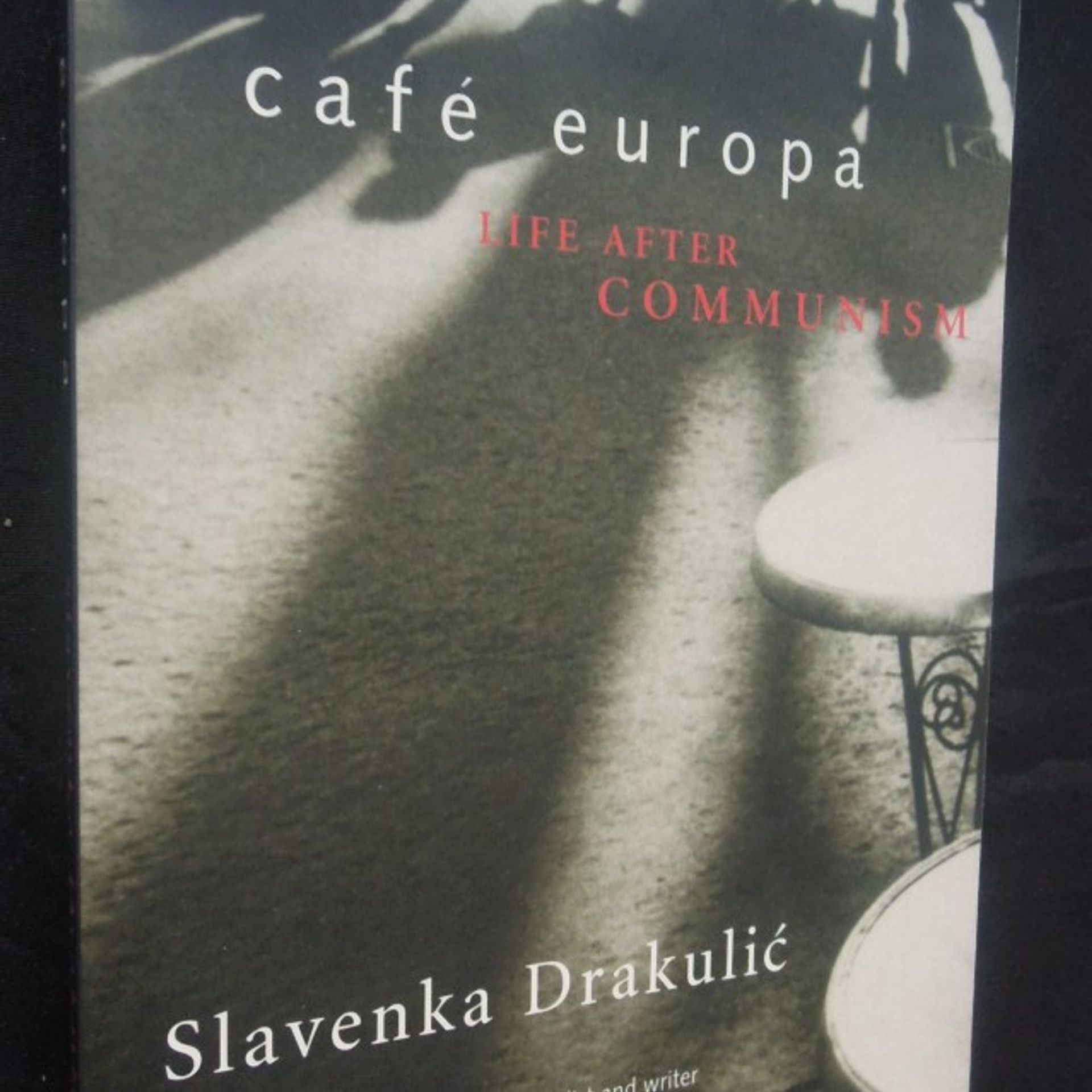Více o knize
Europe is still a divided continent. In the place of a fallen Berlin wall, there is a chasm between the East and the West. Are these differences a communist legacy, or do they run even deeper? What divides us today? To say simply that it is the understanding of the past, or a different concept of time, is not enough. But a visitor to this part of the world will soon discover that we, the Eastern Europeans, live in another time zone. We live in the twentieth century, but at the same time we inhabit a past full of myths and fairy tales, of blood and national belonging, and the fact that most people are lying and cheating or that they have the habit of blaming others for every failure...' An intimate tour of life on the streets of Budapest, Tirana, Warsaw and Zagreb, as those cities continue to acclimatise to the post-Communist thaw, Café Europa does not provide easy solutions or furnish political pallatives. Rather as a Croatian with a viewpoint of ever-widening relevance, the value of Slavenka Drakulic's wry and humane observations lie in the emotional force of their honesty and the clarity of their insight.....
Nákup knihy
Café Europa : life after communism, Slavenka Drakulić
- Jazyk
- Rok vydání
- 2008
Doručení
Platební metody
Tady nám chybí tvá recenze.





